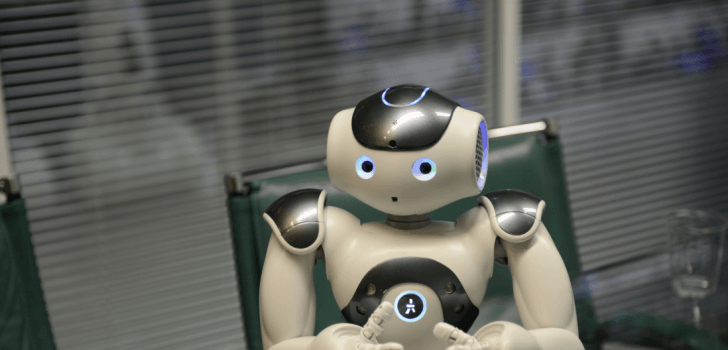According to Japan’s National Institute of Informatics (NII), a Japanese artificial intelligence (AI) program scored greater than average on a national standardized college entry exam – for the first time ever. In fact, the AI program performed so well that it had an 80% likelihood of getting into 33 Japanese universities.
On the country’s National Center Test for University Admissions, which is similar to the SATs, the AI program scored 511 out of 950 points. It had a strong performance in history and math – well above the national average of 416. Physics proved more difficult for the AI program.
The goal of the Todai Robot Project is to create AI that can gain admission to the prestigious University of Tokyo, thereby displaying a humanistic understanding of concepts and language. The goal is to complete the project by 2021.
In a 2013 interview, Yusuke Miyao, one of the project’s sub-directors, said that, “What makes the University of Tokyo entrance exam harder [than other intelligence challenges] is that the rules are less clearly defined than they are for [a Japanese strategy game similar to chess] or a quiz show. From the perspective of using knowledge and data to answer questions, the university entrance exam requires a more human-like approach to information processing. However, it does not rely as much on common sense as an elementary school exam or everyday life, so it’s a reasonable target for the next step in artificial intelligence research.”
As expected, the United States Defense Department remains extremely interested in artificial intelligence. One aspect of AI research includes the current push for more autonomy in military drones.
Last fall, Undersecretary of Defense Frank Kendall issued a request to the Defense Science Board calling for a study to “identify the science, engineering, and policy problems that must be solved to permit greater operational use of autonomy across all warfighting domains.
Emphasis will be given to exploration of both technological and social bounds that limit the use of autonomous technology across a wide range of military operations. The study will ask questions such as: What activities cannot today be performed autonomously? When is human intervention required? What limits the use of autonomy? How might we overcome those limits and expand the use of autonomy in the near term as well as over the next 2 decades?”
The Japanese AI program’s test performance moves the world one step closer to an AI that can successfully apply a humanistic approach to different types of problem sets and challenges.
